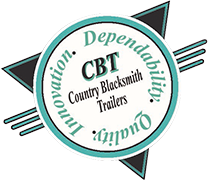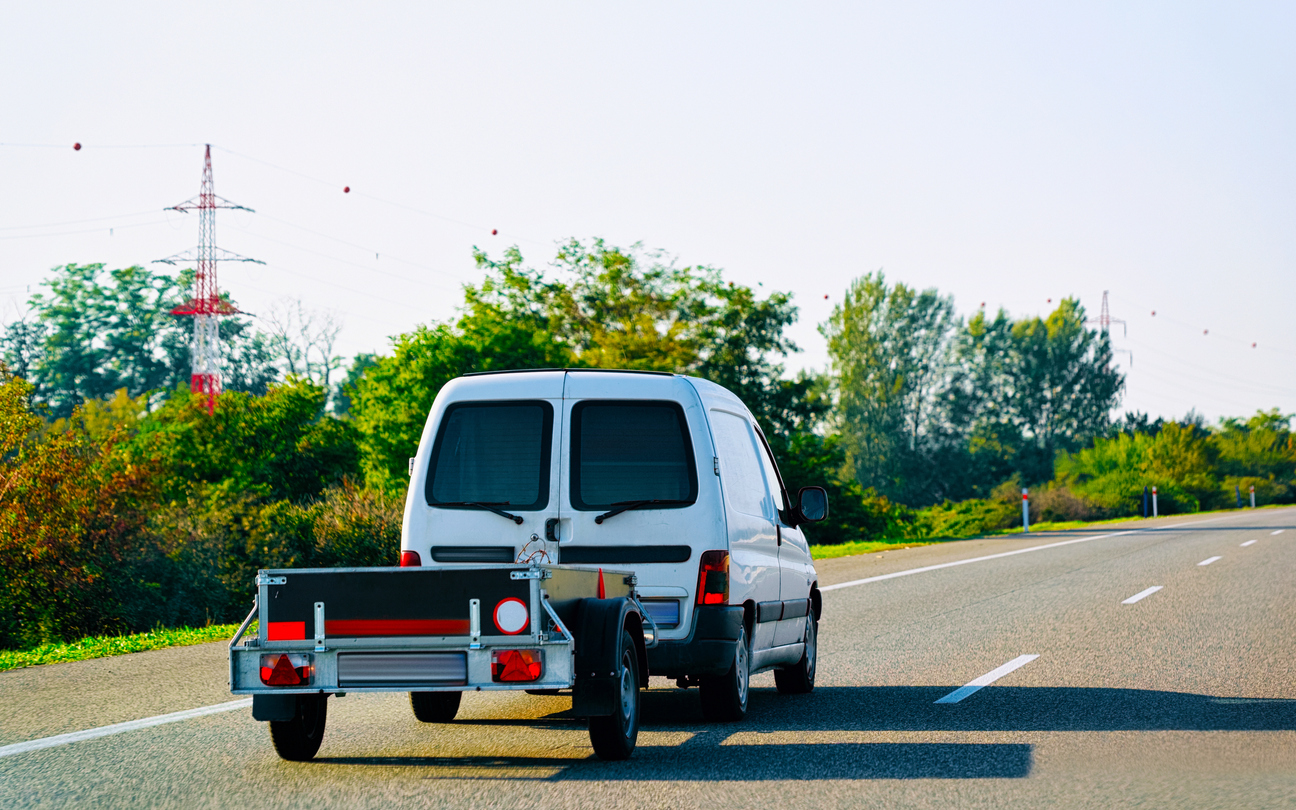
Trailer Buying Guides
Buying The Best Utility Trailer The costs, fees and hassles of renting trailers are not always economical. Especially when you see your reserved trailer is a well-worn ’97 model that wouldn’t hold the weight of kitten. Looking for an affordable option to increase your...
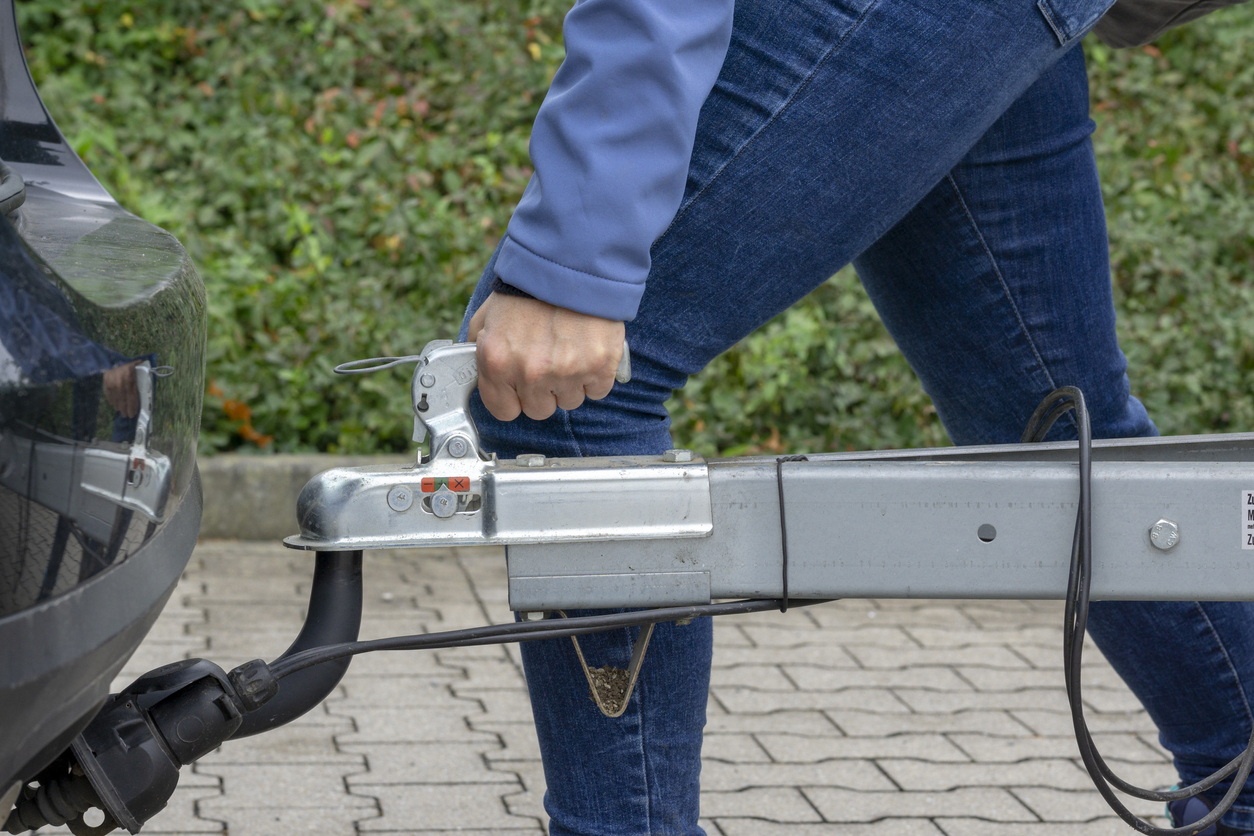
Trailer Buying Guides
When choosing a trailer, you have a long list of decisions to make – size, type, material, weight rating and more. It’s a lengthy process, but you want to make sure the trailer you invest in will be perfect for you. To help you get started on the decision-making...
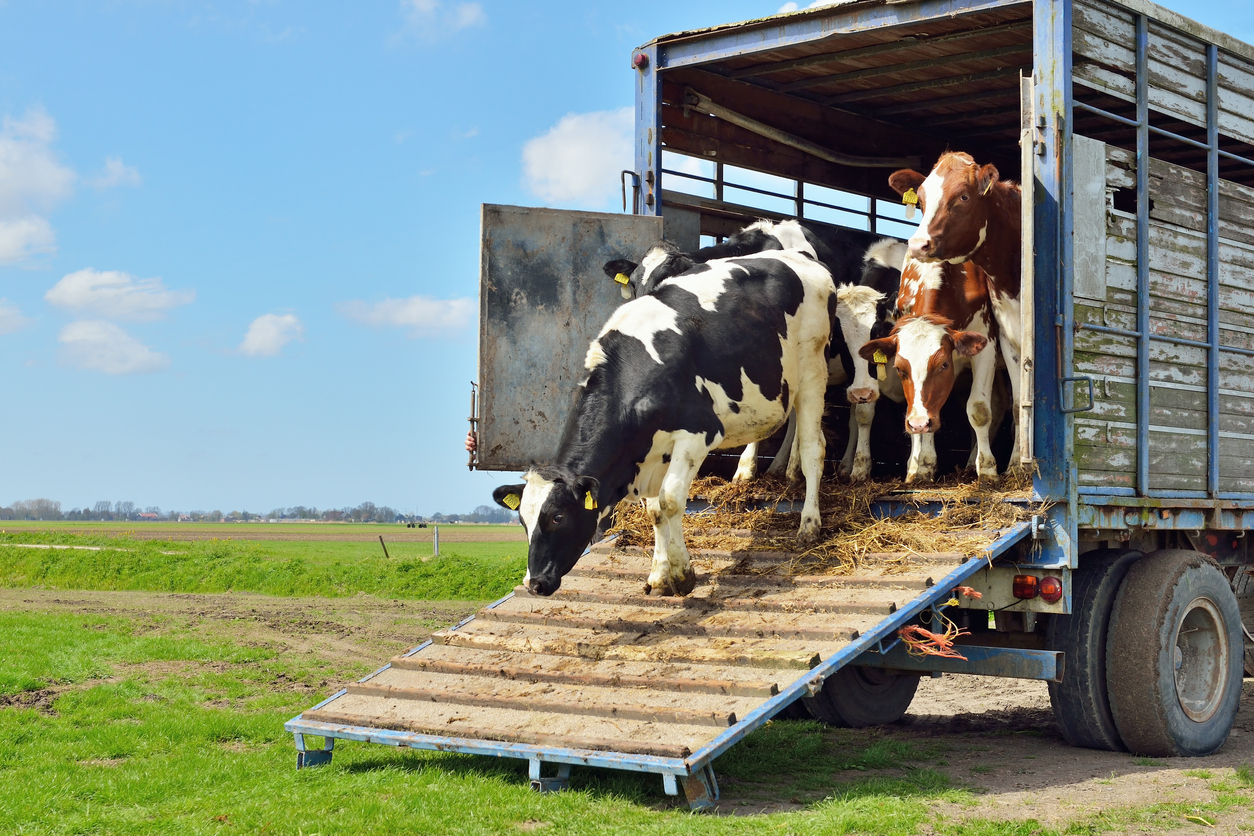
Trailer Buying Guides
When shopping for a livestock trailer, there are plenty of questions to ask. You want to make sure you choose a trailer that fits your needs, your vehicle’s needs and your livestock’s needs. Stock trailers are good for multipurpose uses, safe for different species of...
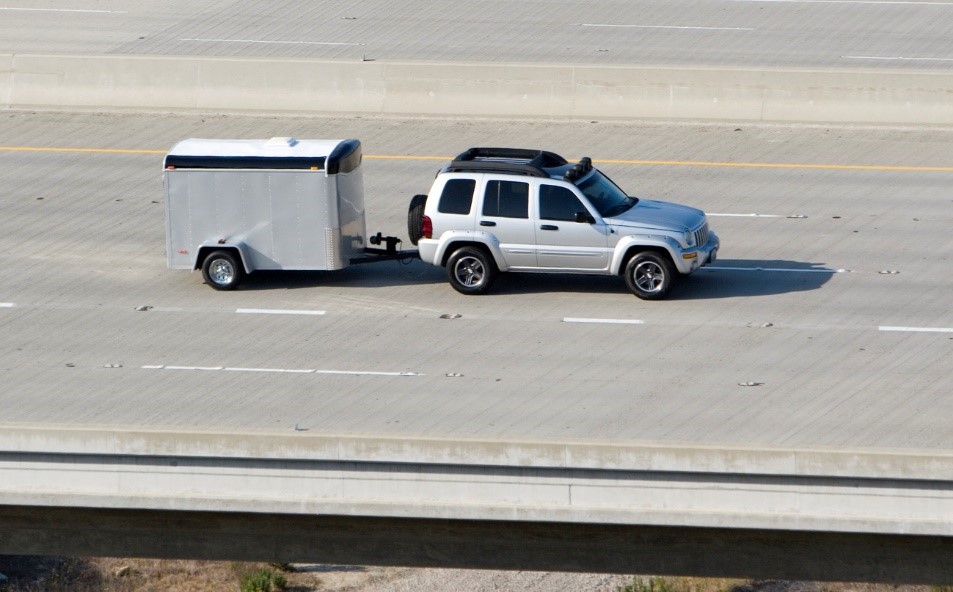
Trailer Buying Guides
With the variety of different trailers available on the market, it can be overwhelming to figure out which one you should buy. While some trailers are more versatile, like enclosed trailers, others, like tanker trailers, have a more specific use. To help you figure...
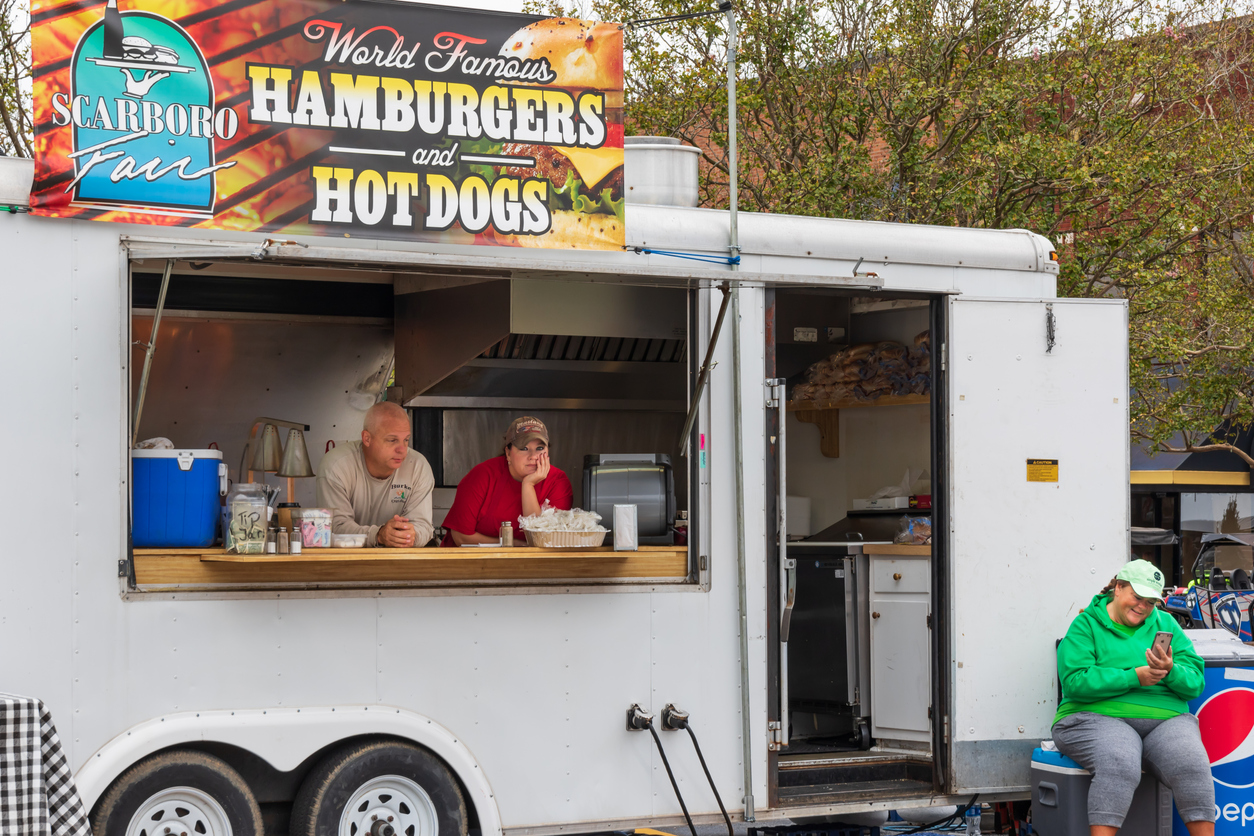
Trailer Buying Guides
You’ve decided to purchase a concession trailer – great! In order to make this purchase well worth it, there are a few things to know and be well-versed on. You can trust the staff here at Country Blacksmith Trailers to support you through each step of the buying...
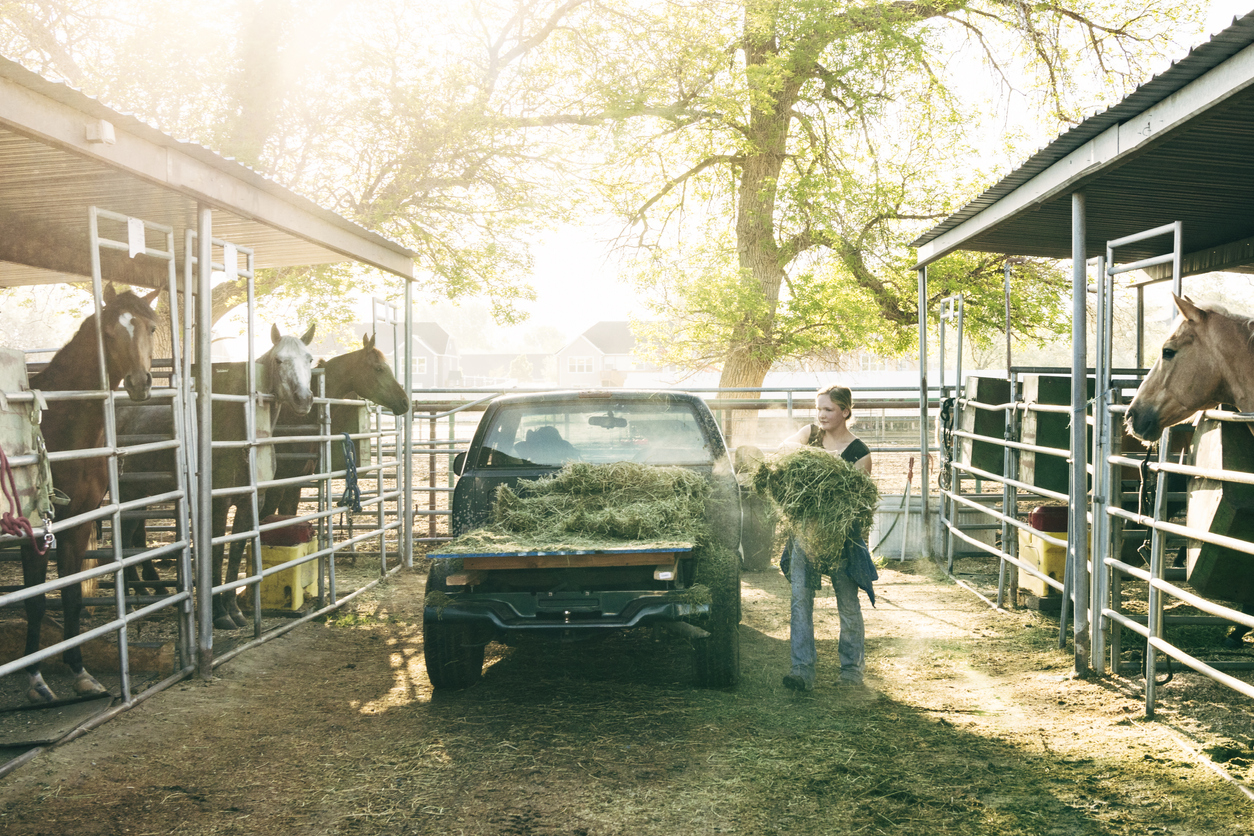
Trailer Buying Guides
A great pickup truck can be the best companion at work. But if you’re in a field such as agriculture, towing, or construction, there are some jobs that an everyday pickup truck just can’t handle. If you’re looking for a way to up the ante and use your pickup truck as...







